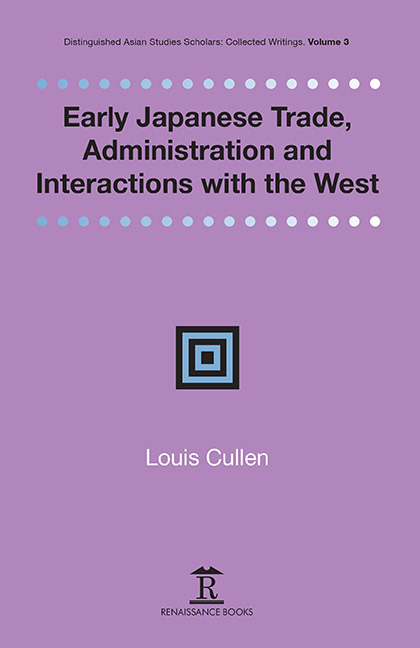5 - Japan in a Changing Asia: Achievements and Opportunities Missed
Published online by Cambridge University Press: 30 April 2022
Summary
I WILL START with observations from two men, whose knowledge of Japan was considerable, and whose names, one to two centuries later, still ring with authority. The first is Vassily Golownin, captain of the Russian war ship Diana and a prisoner in Ezo (Hokkaido) in 1811–13. The second is Sir Ernest Satow, acquaintance of Saigo Takamori, friend of Ito, Kido, Inoue and others, and thirty years later successively British minister in Japan and China. The observations of these two men praised the capacity for success of the Japanese. Golownin's words were glowing, and I quote them:
What must we expect of this numerous, ingenious and industrious people, who are capable of everything, and much inclined to imitate all that is foreign, should they ever have a sovereign like our Peter the Great: with the resources and treasures which Japan possesses, he would make it become in a few years the sovereign of the eastern ocean.
If one can not pick out such a striking passage in Satow, it is only because insightful comments were scattered in many place. Even in later years, when he had become critical of Japan, he speculated on what a role Japan could play in forthcoming events if she were cast in the role of defender of China.
The purpose of referring to these two men is because their views reached far beyond economic matters. You might expect me to talk about economic matters, because most western commentators have looked at economic aspects and speculated on reasons for Japanese success in Meiji times or again in later years. Concern with economic development has dominated western writing on Japan. Many, perhaps most undergraduate courses and many text books still concentrate on the century after 1868 and primarily on reasons for Japan's successful industrialisation. Moreover, most books and virtually all undergraduate courses in Japanese studies, were launched post-1945. Their approach rested on the fashionable assumption that Japan's development after 1868 could be explained by a modernisation process, and drew on new theories of development in the 1950s intended to make impossible a recurrence of the depression of the 1930s and to quicken diffusion of the benefits of growth to less developed countries.
- Type
- Chapter
- Information
- Publisher: Amsterdam University PressPrint publication year: 2020



